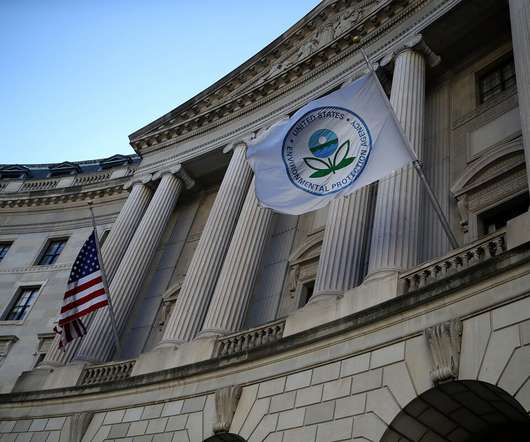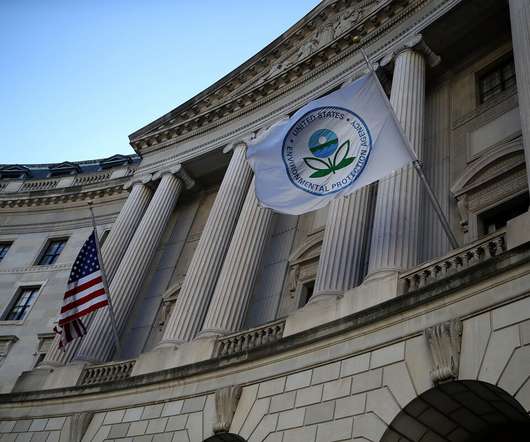General Motors plans to be carbon-neutral by 2040; eliminate LDV tailpipe emissions by 2035
Green Car Congress
JANUARY 29, 2021
The company will also continue to increase fuel efficiency of its traditional internal combustion vehicles in accordance with regional fuel economy and greenhouse gas regulations. The company will assess credit and offset solutions in the coming years as the most efficient, equitable and inclusive ideas mature.











Let's personalize your content